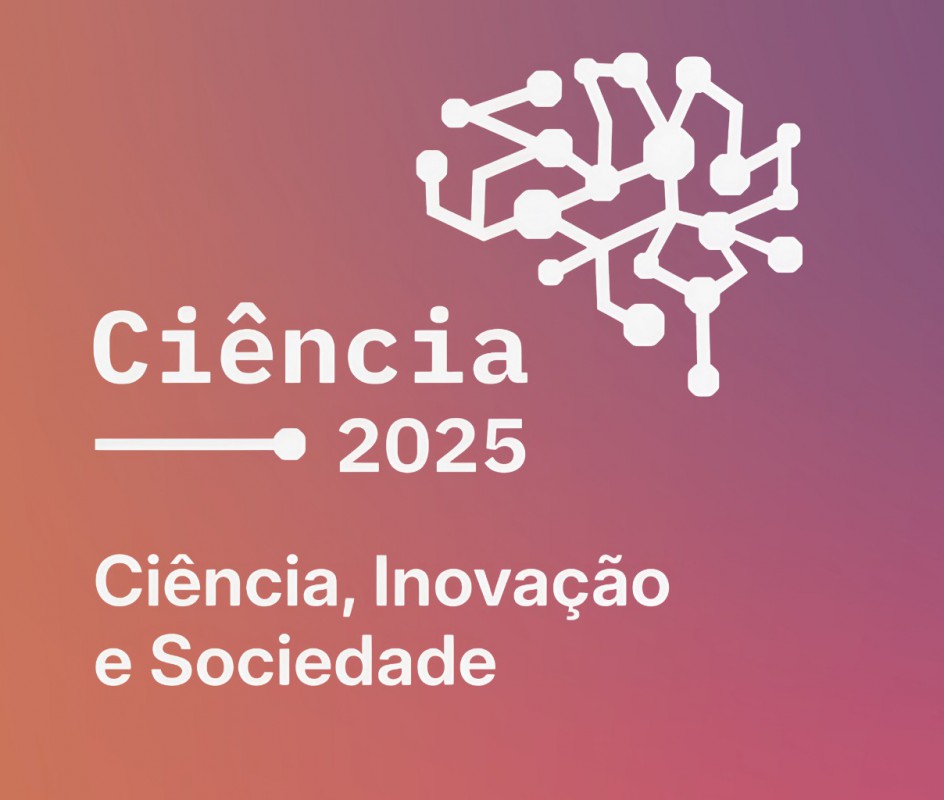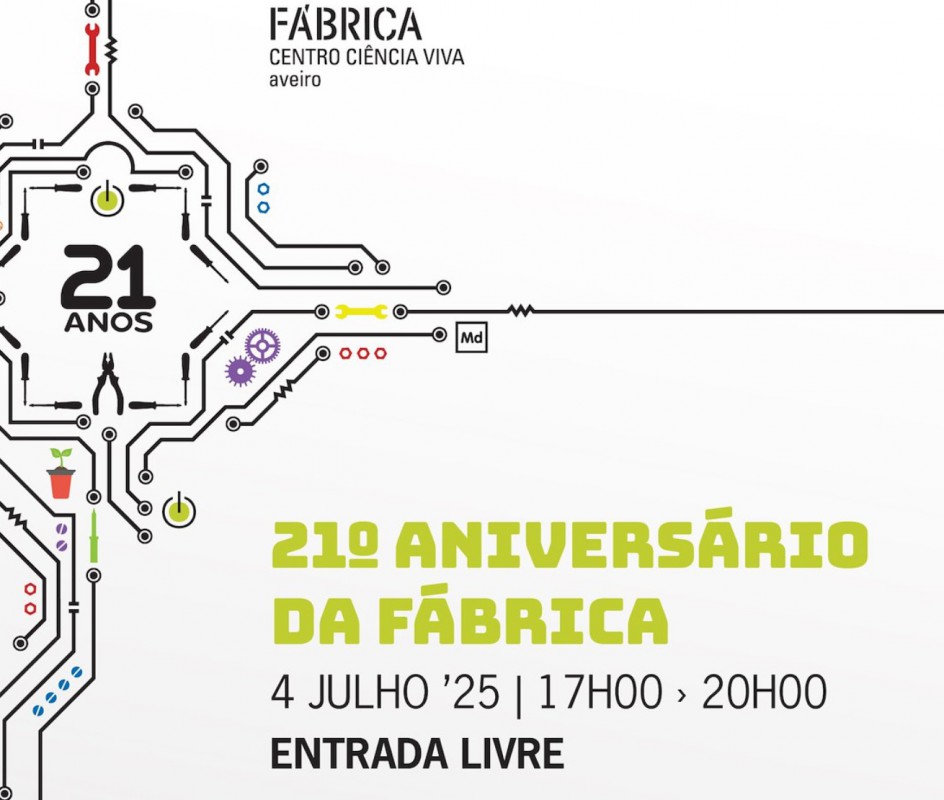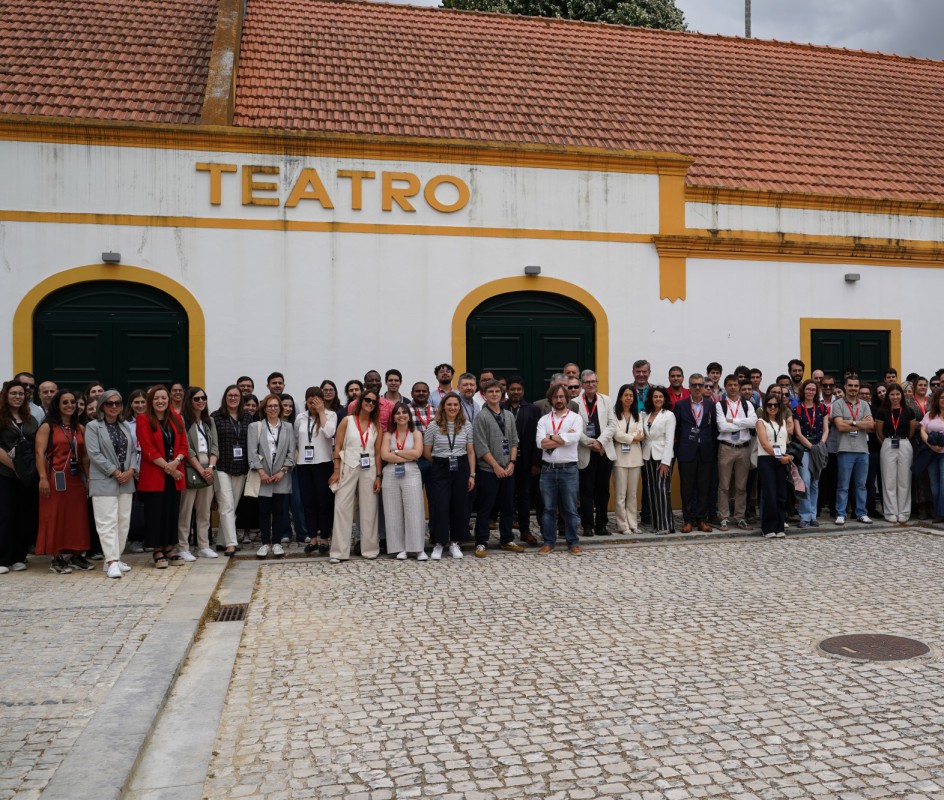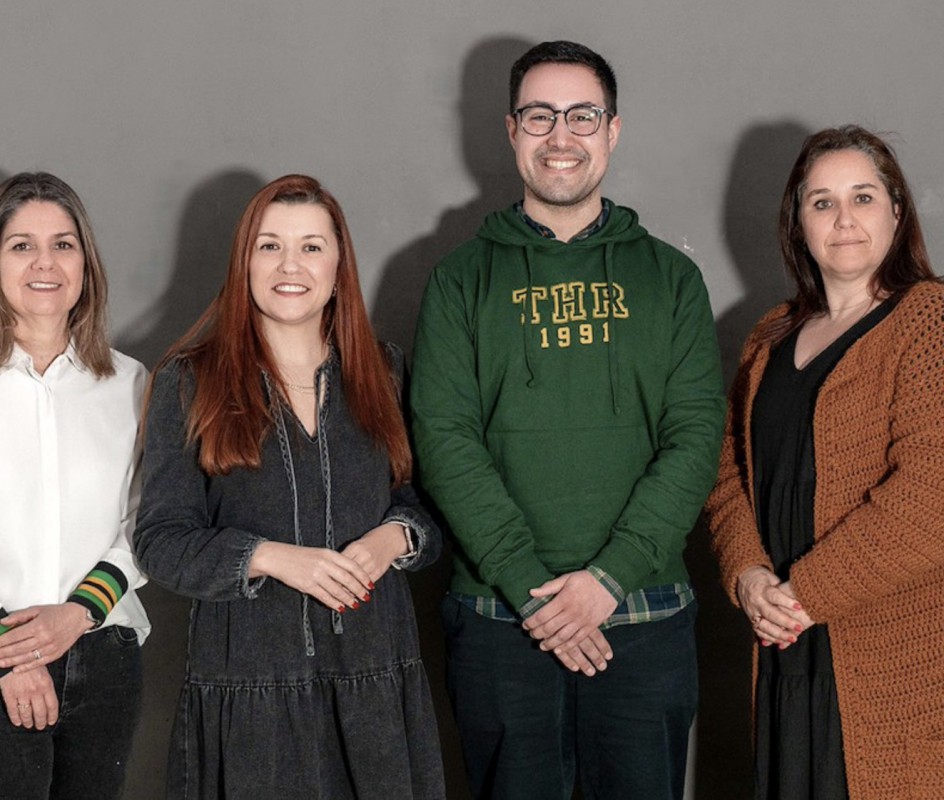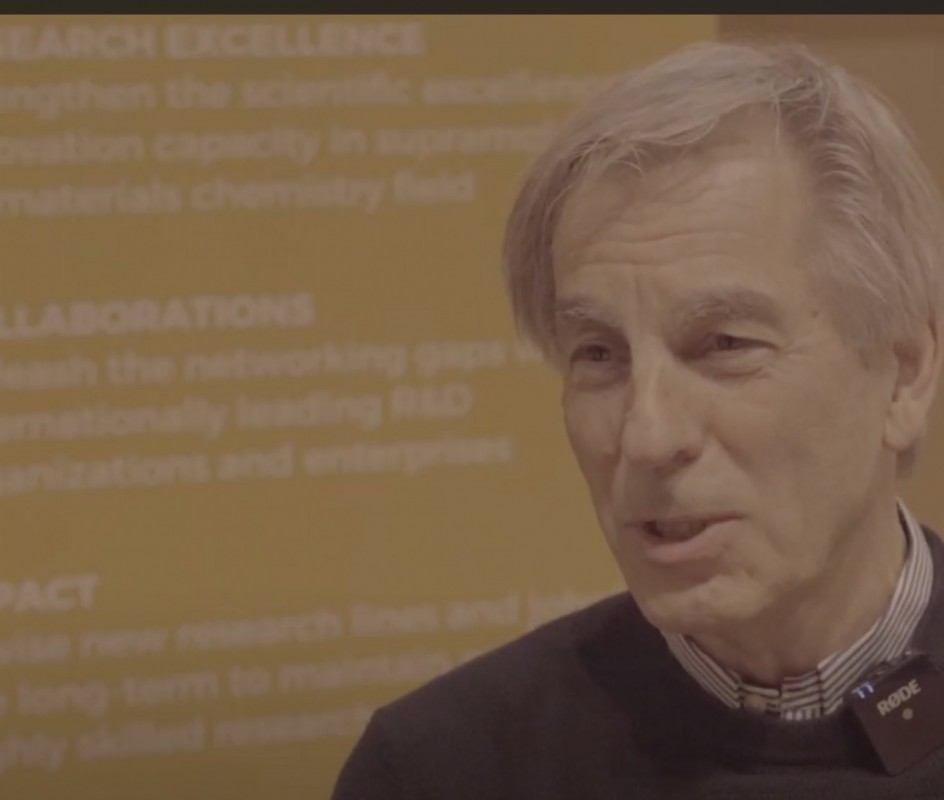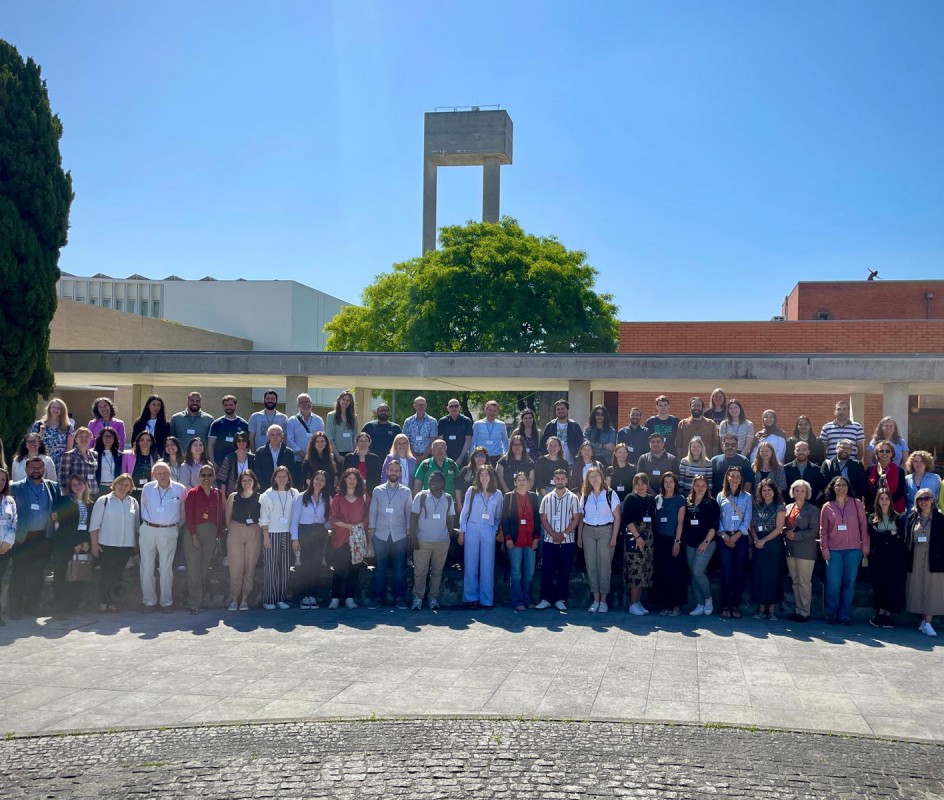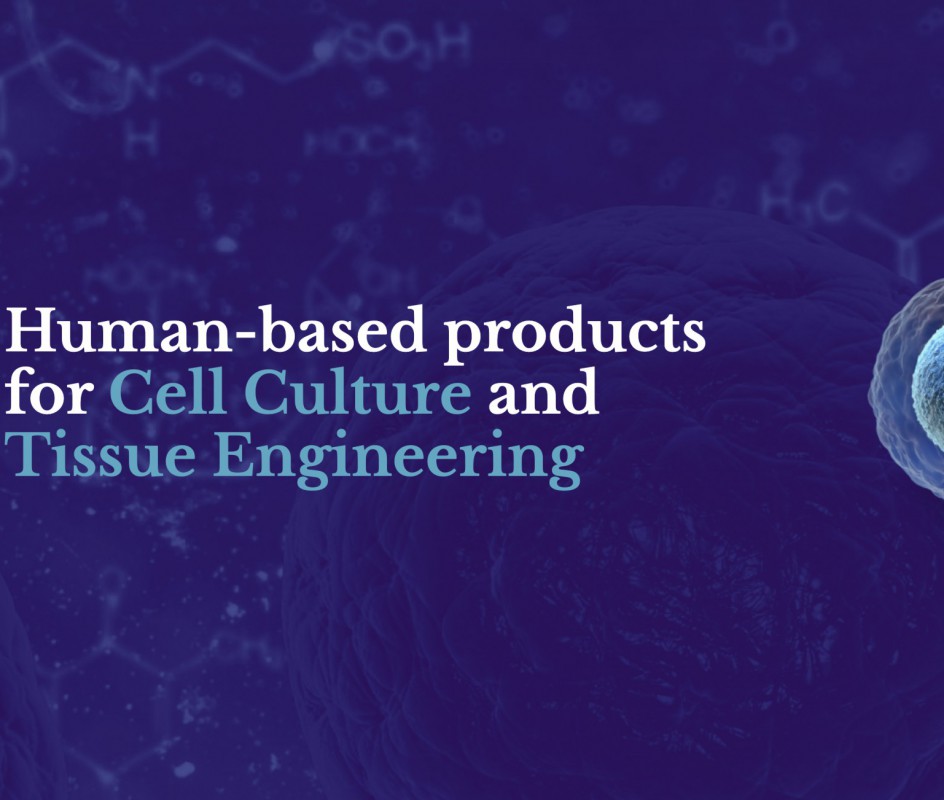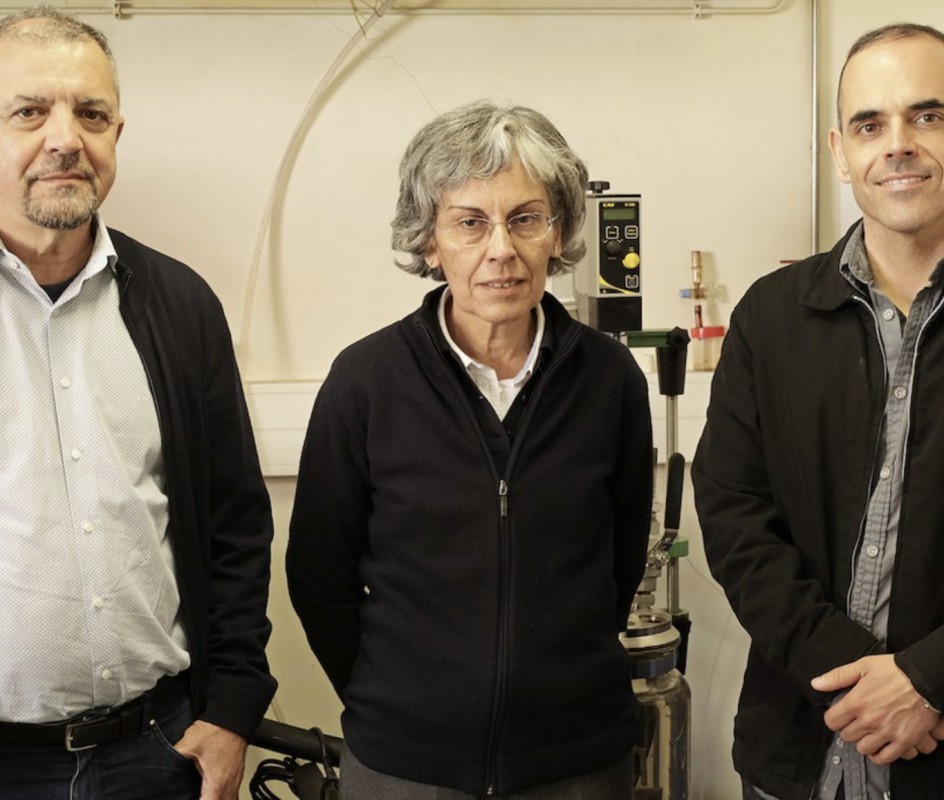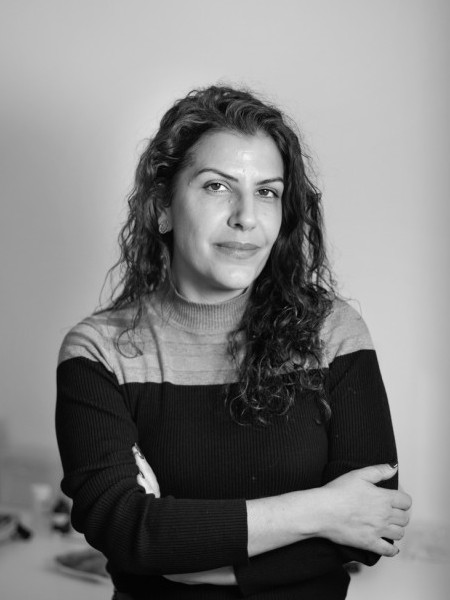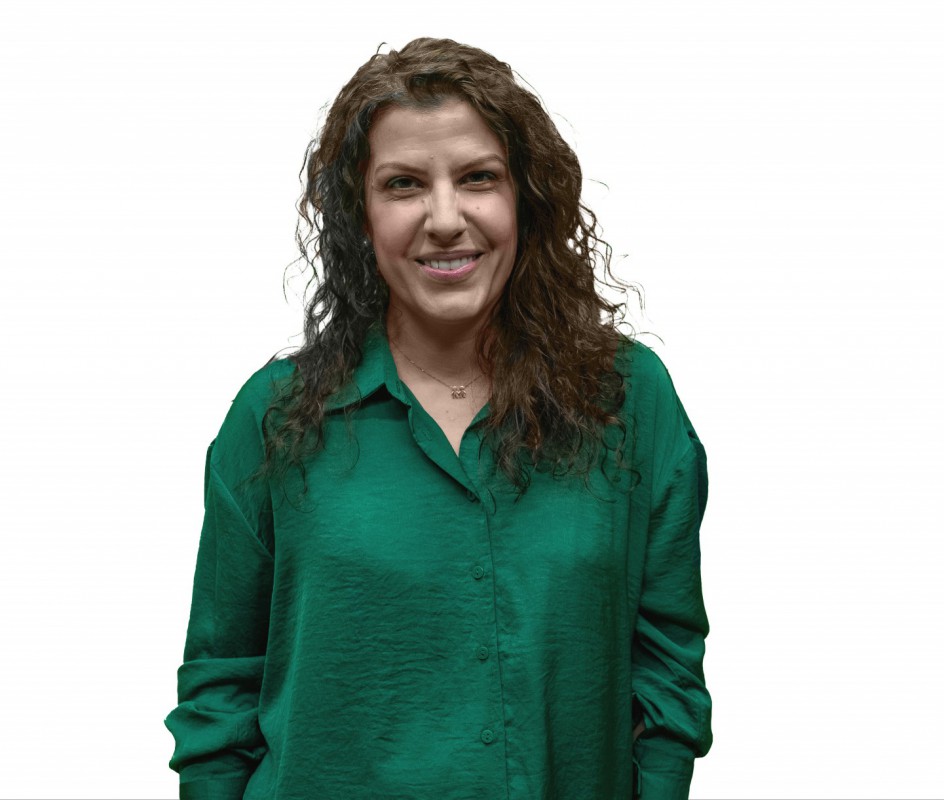
Graduated in Applied Chemistry and holding a PhD in Tissue Engineering, Regenerative Medicine, and Stem Cells, Catarina Custódio is currently an assistant researcher in CICECO - Aveiro Institute of Materials and in the Compass research group at the Department of Chemistry of the University of Aveiro (UA).
In a conversation with UACOOPERA, she shares a bit about her journey as a researcher and entrepreneur and offers some advice for those who want to turn their research into a commercially viable solution.
How was your journey leading up to the founding of Metatissue®?
I have always been fascinated by science, especially chemistry and biology. I was drawn to applied scientific research and to finding solutions for specific problems that affect people. In the 9th grade, I decided that I wanted to pursue a degree in Applied Chemistry - Biotechnology at the Nova University of Lisbon and follow a research career. At that time, this decision was entirely unrelated to the world of entrepreneurship or business creation, topics that were neither discussed nor promoted as they are today.
After completing my degree in Applied Chemistry, I pursued a PhD in Tissue Engineering, Regenerative Medicine, and Stem Cells at the University of Minho. In 2016, I joined the University of Aveiro, where I am currently an assistant researcher. The research I was conducting in the Compass research group led to a product that we believed had commercial potential. We started by patenting the idea and securing intellectual property rights.
Metatissue was founded in 2018 by me and Professor João Mano, marking the beginning of a whole new challenge in entrepreneurship and business—an entirely new world for us. In 2021, we secured our first major funding as members of two consortia in European projects, and only then did we start assembling our team and setting up our laboratory at the Creative Science Park Aveiro Region (PCI).
Tell us a bit about the main goal of Metatissue® and what makes it unique in the market?
Metatissue's core business is the design and manufacturing of biomaterials produced from human proteins. We use tissues considered biological waste, such as blood and placenta, from which we extract valuable proteins to create high-value-added materials.
Our goal is to provide customers with materials that mimic native human tissues for cell culture and tissue engineering. Our technology enables us to develop materials with rigorously controlled mechanical properties and biochemical characteristics that support human cell culture in conditions that closely resemble the native environment. Essentially, we provide human cells with an environment where they can "feel at home," optimally recreating the conditions found in human organs or tissues.
This approach not only differentiates Metatissue in the market but also represents a significant advancement in biomaterials, contributing to innovations in drug discovery, regenerative medicine, and advanced therapies. Additionally, when applied to preclinical trials and drug discovery, this technology aims to sustainably and ethically reduce the number of animals currently used in laboratory testing.
What were the biggest challenges you faced when transitioning from scientific research to an entrepreneurial project?
I believe the biggest challenges in moving from scientific research to an entrepreneurial project are financial and business management aspects. Although I participated in several training programs and benefited from mentorships that were crucial for acquiring fundamental knowledge in this area, I recognize that there is still room for growth.
Another essential challenge was building a strong and competent team. Currently, we have seven full-time employees, in addition to myself and Professor João Mano.
One of the biggest current challenges is scaling sales and connecting with potential major clients, such as pharmaceutical companies and large biotechnology firms. The fact that we do not have a dedicated sales and marketing team makes this process more difficult. Of course, distributors play a crucial role, and we have managed to establish partnerships with distributors in Europe, Japan, and the United States. We are currently in a critical phase of seeking investors.
Looking back at Metatissue's beginnings in 2018, the challenges have constantly evolved. Fortunately, we still have many challenges ahead—these keep me up at night, but they also motivate me to keep working in this field.
As a member of academia, you benefited from various UA support initiatives for entrepreneurs (such as competitions and training). How did these supports help in the development of the spin-off?
Yes, in fact, Metatissue was founded as a result of the "Empreende +" initiative, promoted by UACOOPERA in 2018. We then established ourselves at the UA Business Incubator, located at PCI. Being in the incubator gave us access to essential services that were crucial in Metatissue's early phase.
Among the various services available, I highlight legal support, assistance in securing funding, accounting services, and support in hiring employees. Additionally, the incubator offers workshops and training programs that helped us develop essential skills, from business management to marketing and innovation.
Beyond entrepreneurial support, you also received assistance in intellectual property. How crucial was this for defining your strategy for protecting and valuing your technology?
Intellectual property support was indeed a key component. From the beginning, protecting our technology was a priority. The collaboration with the UACOOPERA team was crucial, providing not only technical knowledge but also a structured approach to defining our protection strategy.
UACOOPERA's support helped us understand the different protection mechanisms available, such as patents and copyrights, and choose the most suitable options for our needs. Today, we continue to benefit from this support, which keeps us updated on best practices and new regulations in intellectual property.
Where do you see Metatissue® in the coming years?
I see great growth potential in the next five years, with plans to expand our team, diversify our product portfolio, increase lab space, and initiate industrial production.
Right now, we are in a critical phase of sales prospecting and investor outreach. Private investment will inevitably lead to adjustments in the company's structure—whether large or small—but I see these changes as essential for our long-term growth.
After these five years, we have several options: continuing with new investment rounds or potentially selling the technology to a major market player.
What advice would you give to young researchers who want to turn their research into a commercially viable solution?
I think the process always starts with identifying a real need and, from there, creating a solution. This need often emerges from informal discussions, such as conversations with professionals from other fields, casual talks with friends over dinner, or networking events. The key is to stay curious and observant.
The solution can never be developed by a single researcher; it is essential to have a dedicated, multidisciplinary team that is passionate about their work. During research, unexpected "accidents" can lead to discoveries of solutions to problems we hadn't even considered—this is the magic of the process.
Once the solution is somewhat defined, it is crucial to think about intellectual property protection before disclosing or publishing any scientific information. The next step is promoting the product by interacting as much as possible with potential users and stakeholders, as their feedback is essential to refining the solution.
Lastly, a crucial piece of advice: be prepared for things not to go as expected and to hear "no" along the way. Stay creative, resilient, and passionate about what you do.
Related Articles
We use cookies for marketing activities and to offer you a better experience. By clicking “Accept Cookies” you agree with our cookie policy. Read about how we use cookies by clicking "Privacy and Cookie Policy".


